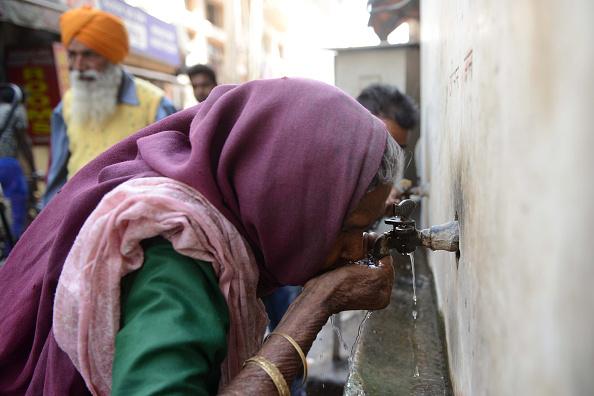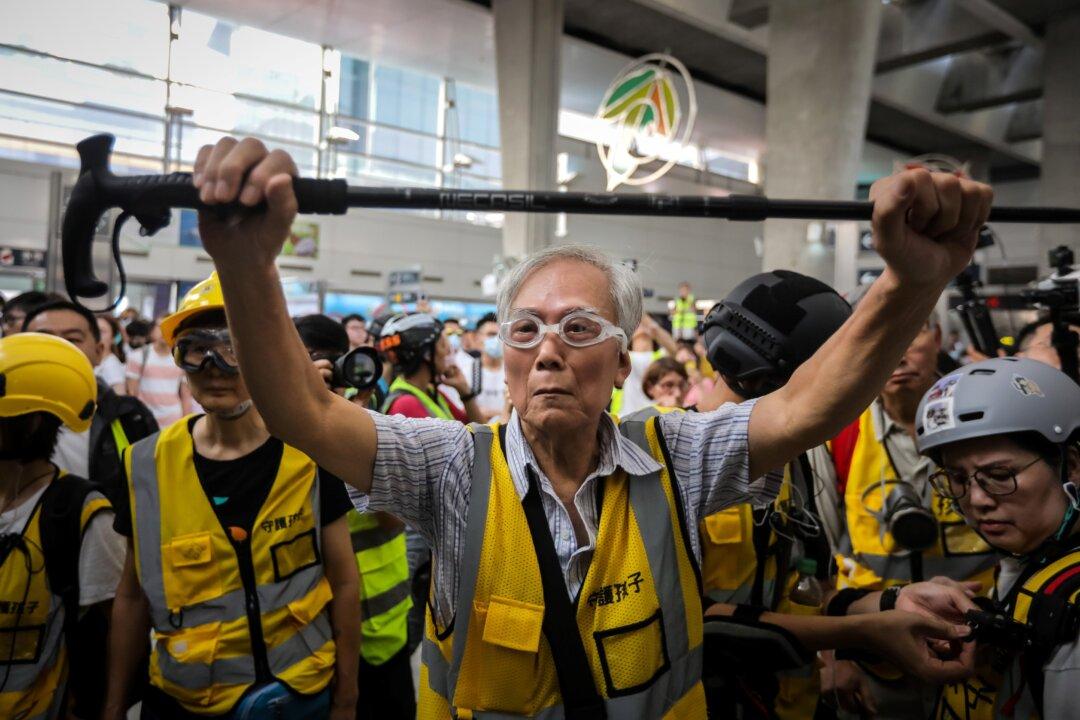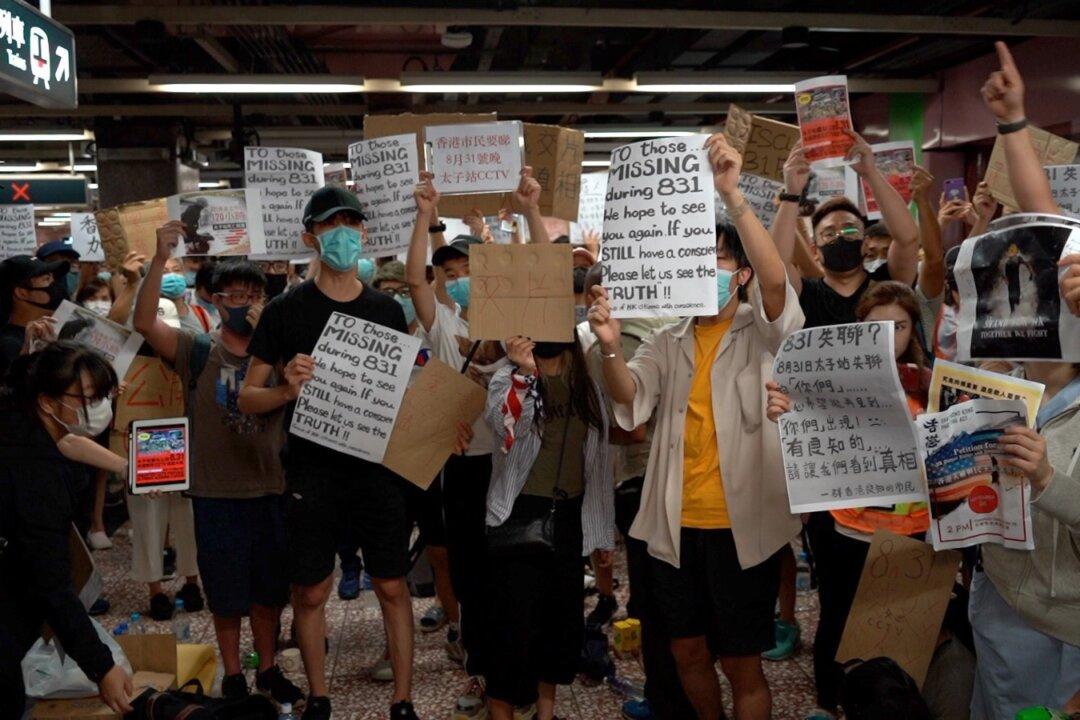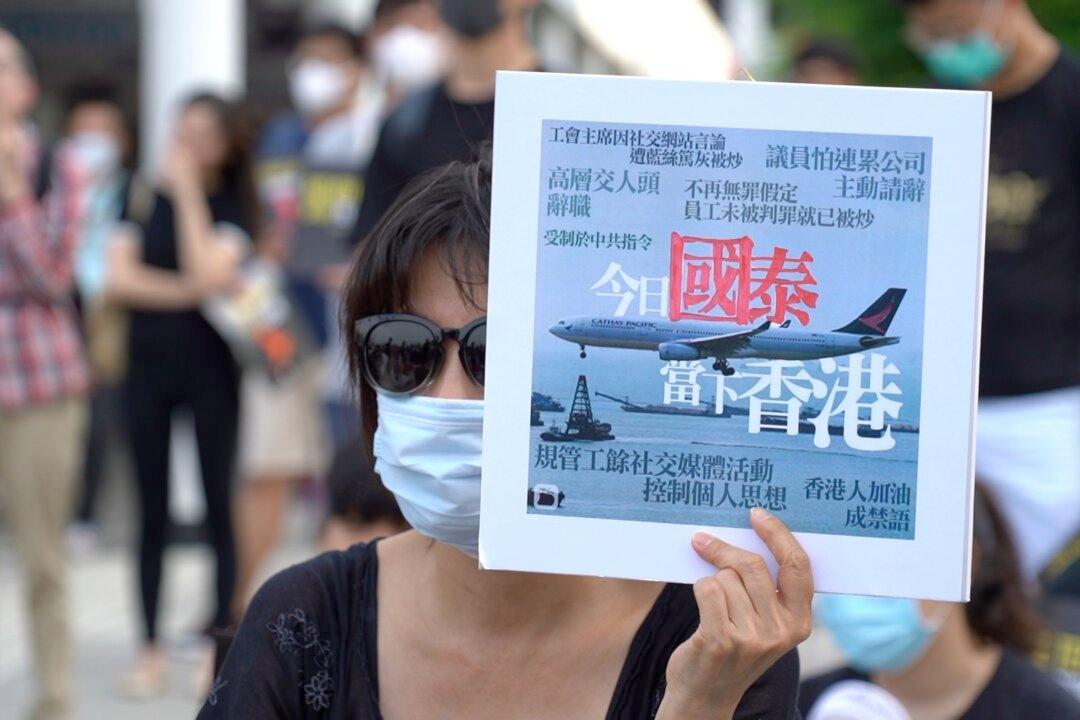Access to safe and clean drinking water is a basic necessity, but as the world’s cities grow it is becoming harder to guarantee urban populations have adequate access, an international urban health expert has stressed.
The World Health Organization (WHO) predicts the world’s urban population will double in the next 40 years, putting greater strain on growing cities where water infrastructure and other public service expansion cannot keep-up with population growth.






